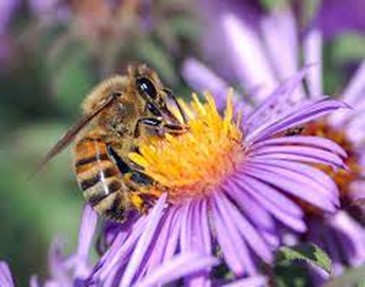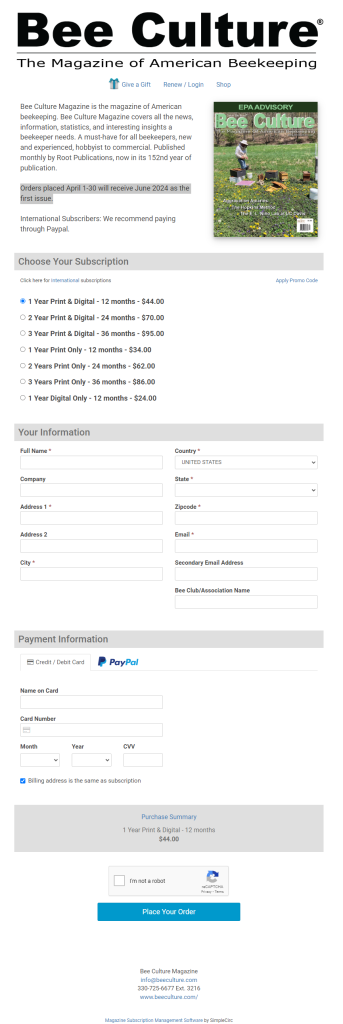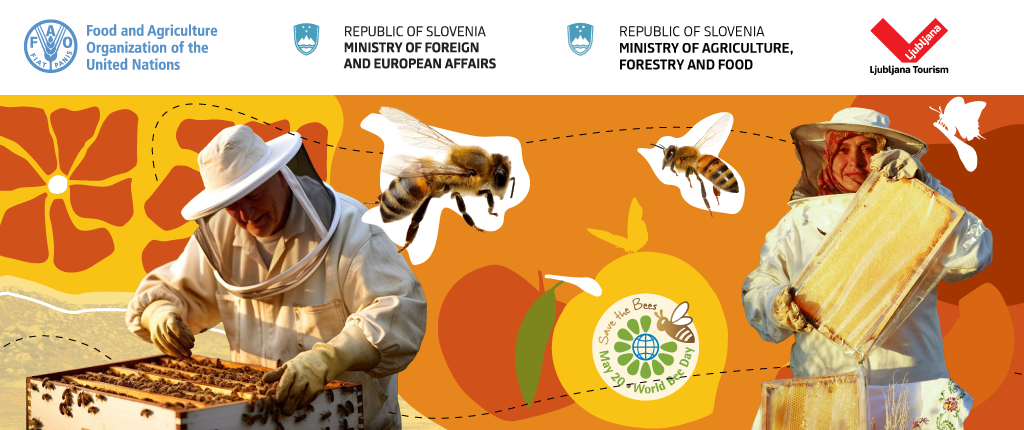June is National Pollinators Month
- By TERRY THOMAS

Native pollinators and native plants go together like butter and toast. May they always be around to fill our hearts and feed our bellies.
It seems that there is a national day, week or month to commemorate and/or draw attention to just about anything you can think of. To prove this, I tried an internet search on three topics I thought were whimsical and random: National Hot Dog Day, National French-fried Shrimp Day and National Paper Airplane Day. Each search came back with a specific date and a long explanation as to why this particular day is celebrated. June holds a number of days set aside to commemorate environmental issues such as National Prairie Day, National Trails Day, National Go Fishing Day and National Weed your Garden Day (no joke). June is also African-American Music Appreciation, ALS Awareness, Caribbean-American Heritage, LGBT Pride, National Safety and National Smile Month according to Wikipedia, which also recognizes that this is an incomplete and dynamic list.
Despite all the lists I could find of arcane and sometimes ridiculous dates that someone, somewhere has declared a national event, nowhere could I find National Pollinators Month. However, this is a real thing, and in my opinion, an important one, so I hope to correct that oversight.
I first heard that June is National Pollinator Month through an email from the National Wildlife Federation. I searched the topic online and found that it started as National Pollinators Week in 2007. It was later expanded to a month so people with slow internet-brain connections like myself could find time to contemplate it before it was over, although there is still a National Pollinators Week, June 20-26.
Pollinators are so ubiquitous that they are often taken for granted. However, their conservation is critical to our own survival. According to the National Wildlife Federation, every third bite of food we eat comes to us courtesy of a pollinator. Some plants have a wide suite of pollinators, others have a very choreographed dance between plant and pollinator, with each evolving specific traits to accommodate the other. In some cases, the loss of a specific pollinator could spell the demise of the plant that depends upon it.
The threats that pollinators face include shrinking habitat, pesticides, imported plant species that reduce native habitat, imported diseases and climate change. Climate change is affecting the bloom time of some native plants creating a pollination season out of sync with the arrival of their pollinators. The resulting spiral of fewer pollinated plants and fewer and fewer pollinators is easy to envision.
Just how serious is the threat to pollinators? According to the U.S. Fish and Wildlife Service, we have lost 50% of North American bumblebees since 1974. Most everyone is familiar with the beautiful monarch butterfly and understands that this butterfly is in trouble. But the numbers are stunning. Since the 1980s, 88% of the wintering eastern population has disappeared. The western population, in the same timeframe, has nearly gone extinct, dropping from 4.5 million to under 2,000 in 2021. Many other species are facing similar dire losses.
We don’t have to wait for some government program to help pollinators. We can all help by planting as many native flowering plants as possible in our yards. Native plants and advice are available through the University of Idaho’s Extension Service (check out Bulletin 682 at https://bit.ly/3xpE8F2 for many recommendations and for a list of plant suppliers). There are many other sources online as well. We can also be cautious in how and when we apply insecticides. Most pollinators are insects and broad-spectrum applications often harm more beneficial species than harmful ones.
National Pollinators Week and Month are not a gag. Hopefully, during the month of June, we will think seriously about the impact these little creatures have on our lives and try to make theirs a little easier.
June is National Pollinators Month | Outdoors | postregister.com








